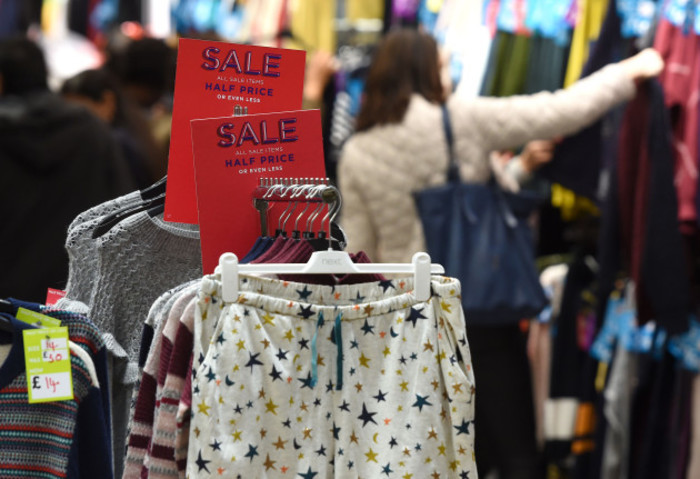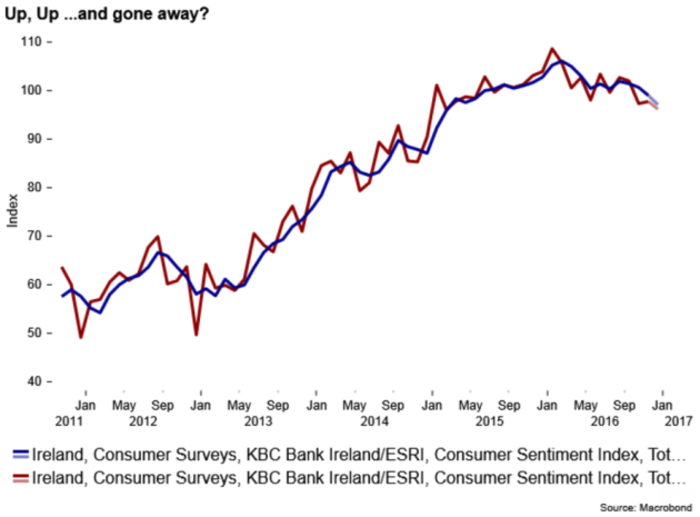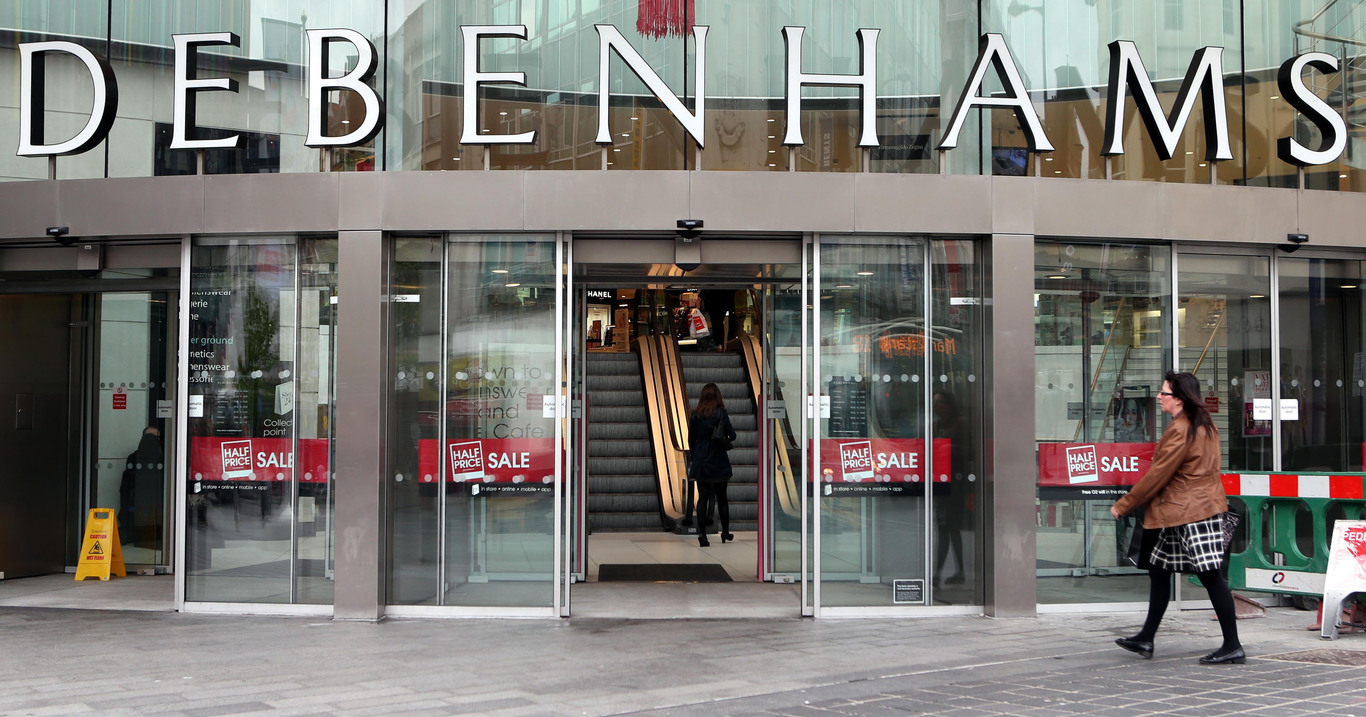Spending in brick-and-mortar stores has fallen for the third month in a row
Irish consumers flock away from the high street to spend online instead.
THE LEVELS OF face-to-face spending dipped for the third successive month over the Christmas period, according to the latest Irish consumer spending index from Visa.
Although spending in store was down on the figures for November, the decrease was only marginal at -0.3%, with fluctuations in the sterling exchange rate cited as the main reason Irish shoppers stayed away from brick-and-mortar retailers and bought online instead.
Overall, consumer spending in Ireland rose by 3.6% last month compared to December 2015, however, this increase is the weakest since the index started in September 2014.
The increase for December was predominantly caused by consumers opting to buy online, as e-commerce spending increased by 15.4%.
Commenting on the results of the research, Visa Ireland country manager Philip Konopik said there were many positives for hotels, restaurants, bars and grocery retailers that benefitted from the festive period, while spending on transport and communication increased by 11% year-on-year.
However, the clothing and footwear sector continued to struggle. It was the only area in which spending fell, as expenditure declined for the fifth consecutive month.
Retail Excellence Ireland chief executive David Fitzsimons said the data is “concerning” for Irish high-street businesses.
He said there was a rise in retailers offering discounts in December as the rate of sales dropped, and noted that the mild weather around Christmas affected all retailers in the fashion sector.

He added that there was a significant increase in online activity with .co.uk websites among Irish consumers and courier company DPD reported a 30% increase in deliveries from the UK to Ireland.
Consumer sentiment
The dip in face-to-face sales came during a month when Irish consumer sentiment hit a 22-month low, according to the KBC Bank Ireland consumer sentiment index.
The survey, which was done in conjunction with the think-tank ESRI, stated that the average Irish consumers believed the “economic recovery has significantly over-promised and under-delivered in the past year”.
Despite this negative view of the Irish economic recovery, the survey showed that nearly two in five consumers think the economy will strengthen in 2017, compared to one in five who think it will weaken.
 Irish Consumer Sentiment
Irish Consumer Sentiment
Click here for a larger version
ESRI research assistant Daniel Foley said consumers also have mixed opinions about how specific components of the index will perform over the next 12 months.
“Although the component relating to the (monthly) general economic climate declined (2.2 points) to 60.1 index points in December, consumers believe that the labour market will continue to improve over the next year,” he said.
“This is perhaps not surprising given the steady decline in the unemployment rate observed in 2016. Most recent data indicates that the unemployment rate now stands at 7.3%, compared to 8.5% at the start of the year.”
KBC’s economic commentator Austin Hughes said the survey showed that many consumers feel they missed out on “marked gains from the strong recovery”.





